I copied a folder with all my website in a ubuntu server, I configured apache with the route of the folder, I restarted the service and all but I don't get anything more than a page that seems like an error
[ (view larger)
(view larger)
view source of the code actually i'm using 7.2.24 php version, and i was using 7.0.33, does that influence in something? also ubuntu version?